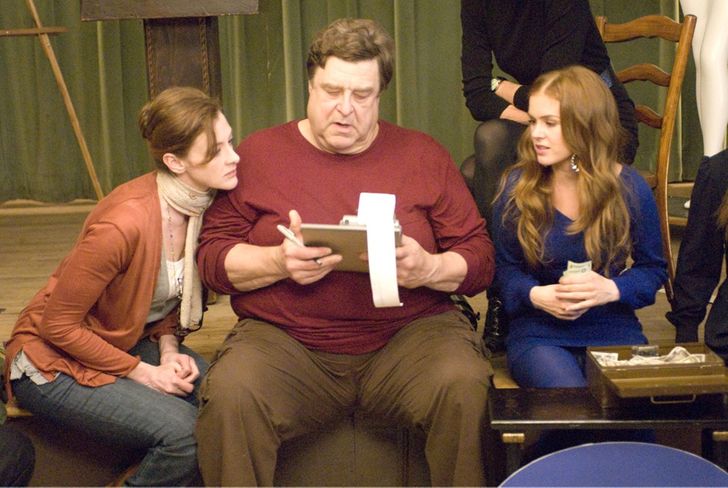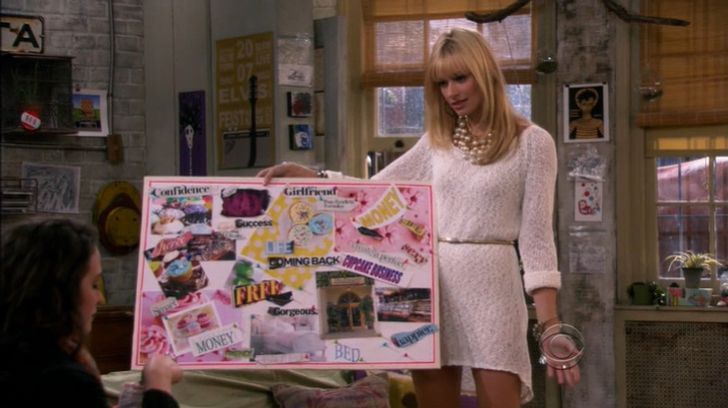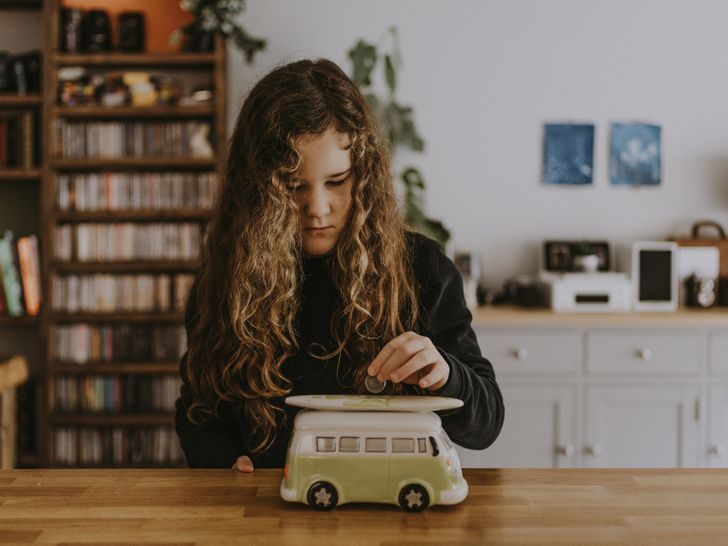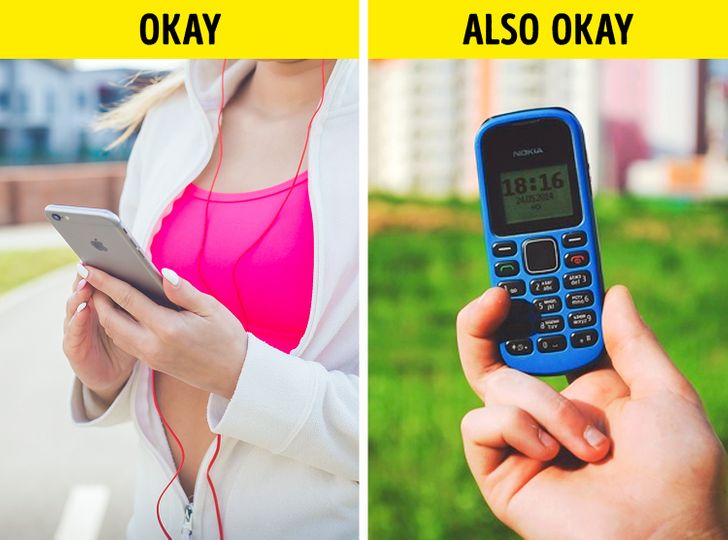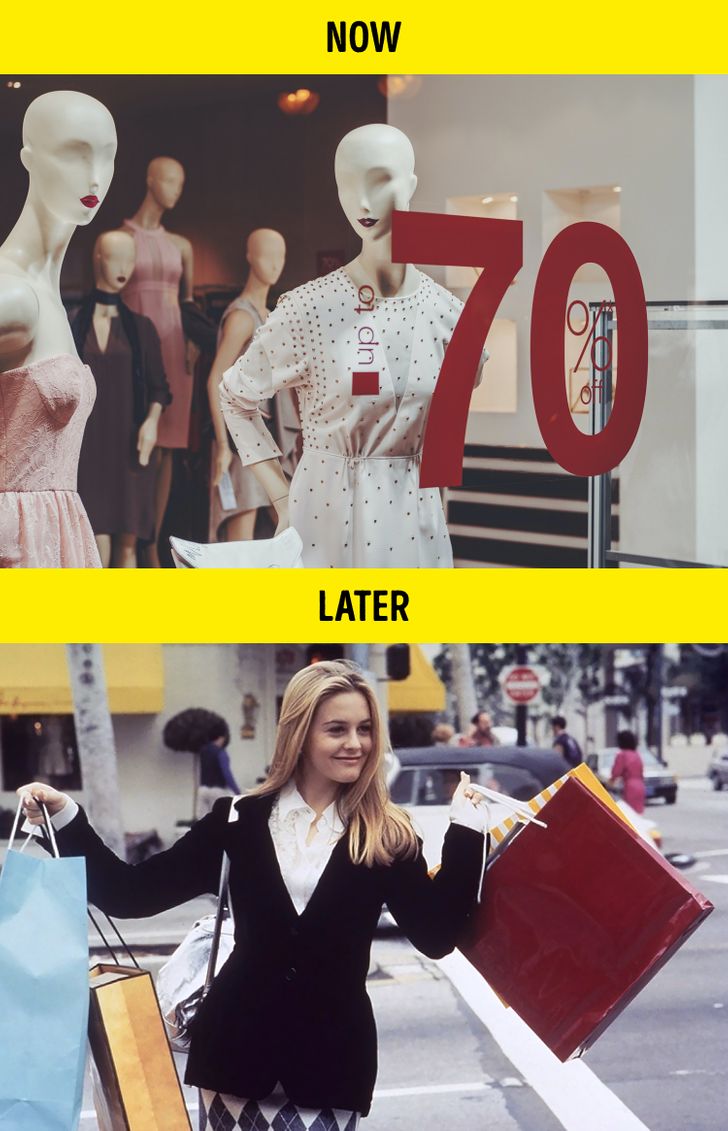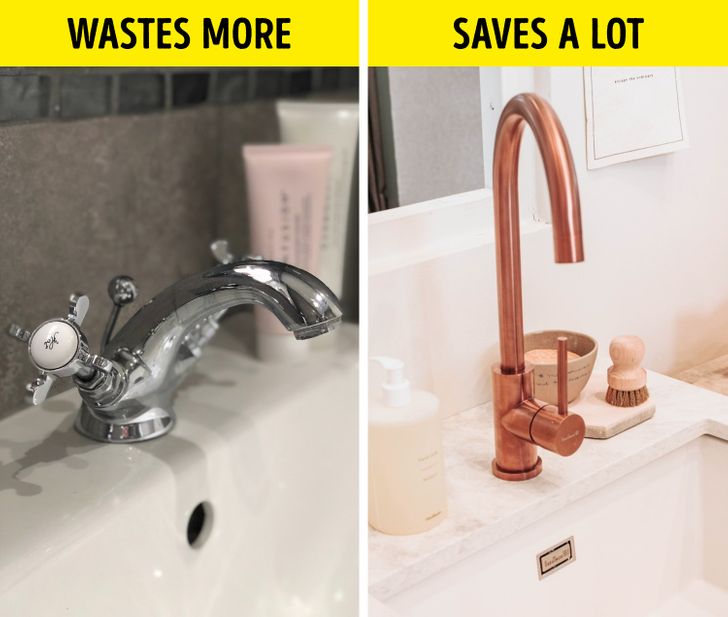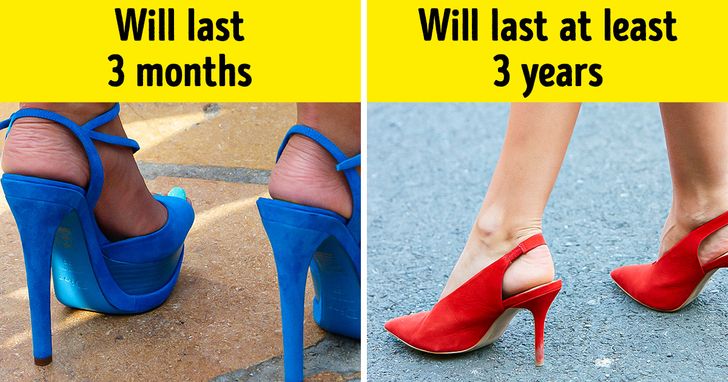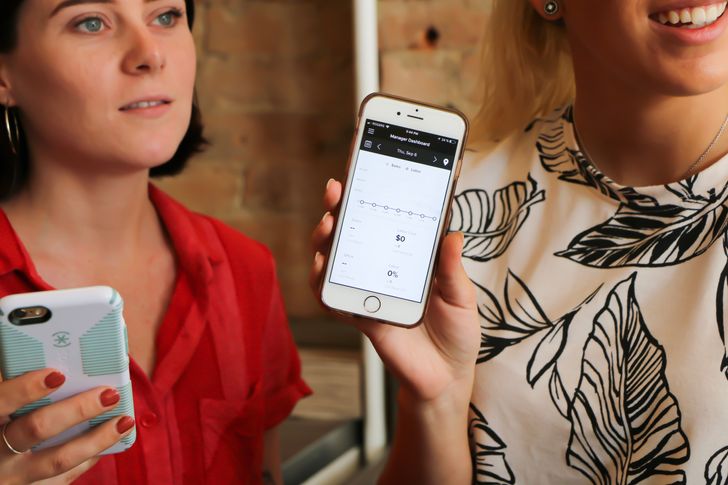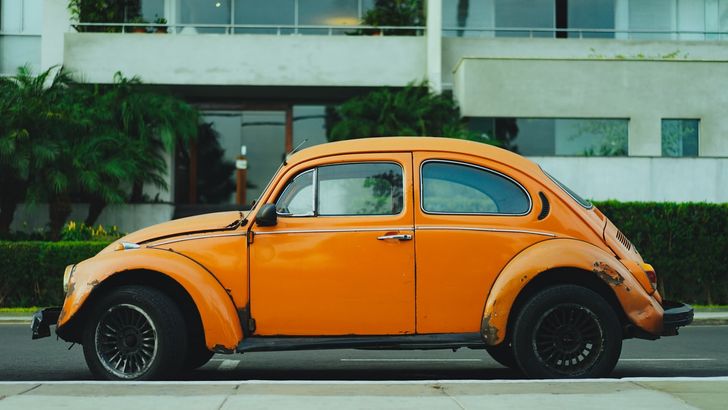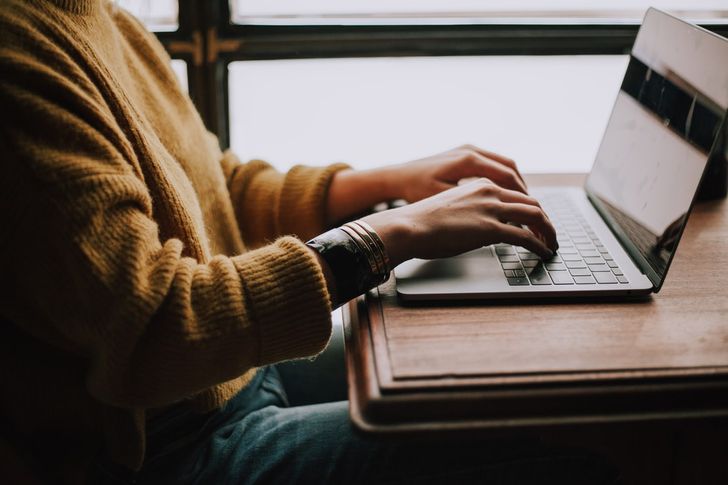Up till today I don't think I need a car.
10 Tactics That Can Add a Few Zeros to Your Bank Account
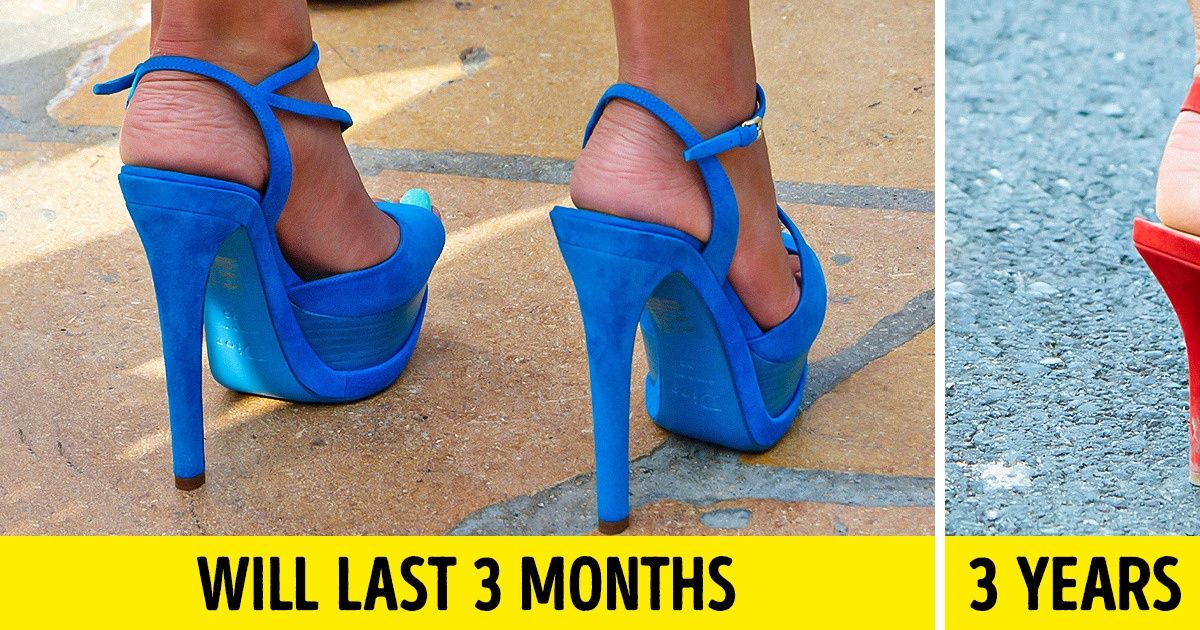
Money is very important. It lets us turn our dreams into reality and makes our lives more comfortable. But still, in real life, not everyone is able to spend money in the most reasonable and efficient way possible — sometimes, financial mistakes can be way too expensive.
We at Bright Side want to protect people from these mistakes, which is why we were really intrigued by the strategies that can directly influence the amount of money in our bank account. And in the bonus part, you will read stories of financial regrets that still bother some internet users.
Paying off your debts as soon as possible
The realization that you have a lot of debt to pay can make you feel really stressed. And stress decreases the productivity necessary to earn money. Also, it is really hard to save any money if you are constantly reminded that you owe someone.
- I have been under a huge amount of debt and credit and getting out of them was tricky, but not tough. I excluded every single extra and unnecessary expense in my budget. I even excluded taking an Uber from my budget and started using the bus. © Emily Walker / Quora
- List all of your debts (except your mortgage) from the smallest balance to the largest balance. Pay off the smallest debts first. This is called the debt snowball and while it is not the mathematically smartest way to do it, it is the best psychologically. © Kory Postma / Quora
- And if you want to get something, don’t buy it on credit! Credit shopping is increasing our debt. © Emily Walker / Quora
Setting specific goals
If you don’t have a specific goal, saving money can just become a boring thing you do that doesn’t make you happy and that is very easy to give up on. A blurry plan (like buying an apartment) seems impossible to reach. But if you give a more detailed description (the area, the size, the number of rooms), then every bit of money you put aside will inspire you and make you feel closer to your goal.
- I was 9 years old when I started collecting beer bottles to buy a folding knife. That was in 1973, I still have the knife, and it still has a sharp edge. I keep it oiled in its case like new to this day. I feel it was worth it. © Larry Hicks / Quora
- I wanted a new BMW and it took me almost 3 years of saving money to buy it. I saved all my loose change every day when I got home, I saved cash from my wallet every day, anywhere from 3 or 4 dollars to 90 or 100 dollars. I also cut back on things I wanted, 3 and 5 dollar cups of coffee, eating out often, staying home and reading, no expensive cable. I was and still am very proud of doing this. I also did not live like a hermit or some very poor person, I just did without some expensive and not really necessary things. © Bill Herman / Quora
Paying the necessary bills right after getting your paycheck
Every person has a list of mandatory payments: bills, credit card payments, insurance, and things like that. On top of that, you can add the percent of your income you want to put aside every week/month. If you make all these money transfers right after you get your paycheck, you will clearly see how much money you have left. And in order to not forget about the payments, you can set up automatic transfers from your bank account.
- Are you failing to put money aside every month? It’s time to be strong. If you can’t, use a service that automatically transfers some of your money into a savings account. You can set it up to put 10% aside from every deposit you get. Or, you can make it save 5% of every purchase you make. Very soon, you will see how much money you’ve saved. © Mikhail Kuzmin / Thequestion
- You need to calculate the amount of money you can put aside without changing your everyday lifestyle. For most people, it’s no more than 10% of their income. This amount has to be put aside right after you get your paycheck and not after, when you already have nothing left. © Vadim Molinov / Thequestion
Making purchases with a level head
Impulse purchases that we make when we are emotional are seemingly okay because we get a rush of good feelings when we make them. But after that, we may be flooded with disappointment because the money has already been spent and the thing we didn’t really need is now taking up space in our apartment.
Here are some recommendations from internet users to help you avoid impulse purchases:
- Ask the shop to put the thing you want aside to give you some time to really think about whether you need it. © morkov41 / Pikabu
- Try to describe the situation of using this thing: how you use it, how often, what is the result, and also what you will do if this thing turns out to be useless. © Vlad Ivanov / Thequestion
Using loyalty programs
Nowadays, almost every bank has its own offers on debit cards with all sorts of bonuses, like cashback or miles. If you use these programs regularly, you will see a pretty impressive amount of money or other useful resources that you’ve earned.
- I used a cashback debit card and suddenly realized at the end of the year that I had “earned” $500. So, I use this card everywhere I go now. © Viktor Smirnov / Thequestion
- Slowly but steadily, I’ve saved enough miles for a flight from New York to Moscow (and back). Unfortunately, I don’t need to go to Moscow and these miles will disappear if I don’t use them, so I bought a ticket to Europe. © Alex Ryazanov / Thequestion
Setting the right priorities
Usually, before we buy something, we have to choose between things in the same category. For example, phones from different companies. You can try a different method — think about what other things you can buy with the money you would save. Maybe, instead of a new phone, you’d love to go on a trip, because you only need the device to make calls and you already have one that does. Or, vice versa, you don’t really like traveling, but you need a phone because you have an active Instagram blog (that earns you money).
- I already have a phone — an old Sony Ericsson with the amazing qwerty-keyboard. I bought it 4 years ago, it was my first phone and it’s still alive. Yes, some apps don’t work, but I can live with that. And I don’t want to lose the comfortable keyboard, the thick case that can survive any drop, and the small size (that fits right in my palm). © Meggie Cleary / Thequestion
- I rarely use the main function of my phone — the calls. I mostly use it for the camera and to get online. This is why I often buy a new smartphone. © Miras M / Thequestion
Not paying attention to ads
Ads often change our ideas about products on a subconscious level — and we don’t even notice it. Just for the sake of this experiment, try and avoid all ads for a month by turning on AdBlock in your browser, and unsubscribing from e-mails. And then try and estimate how badly you want to buy certain things.
- Many commercials contain the trick words like “everyone knows,” “all women want this,” or “...for just $9,99.” These tricks affect us subconsciously and make us pay attention to the products. © Egor Egorov / Thequestion
- The same goes for the ads from clothing stores that have all the new collections and the summer collections. These words make people think that their clothes are already old and that they need to rush to the store to remain trendy. © Polina Liddel / Thequestion
Using the things that help you save money
Of course, you probably know about energy-saving lightbulbs. Aside from those, make sure you have a modern faucet — some models decrease water use but still remain as effective.
Aerators also decrease the expense of water, because they add air to the water.
In general, when buying home appliances, pay attention to the level of energy consumption and choose more efficient devices.
- There are special faucets that limit water use to a certain amount per minute. You can set the necessary limit for every faucet in the apartment and cut about 25% of water use. © Mir0n0ff / Pikabu
Paying attention to details when trying to save money
There’s nothing wrong with trying to find cheaper products. But if you had to go to a different part of town, the time and money you spent on the trip may add up to more than the money you saved. When buying clothes, pay attention to the quality — something more expensive may last much longer than something that is cheaper. Even the credit offers with lower interest rates may end up being more expensive due to hidden commissions and fines.
So, when trying to save money, make sure you don’t spend more than you would have without saving at all.
- Take shoes, for example. A really good pair of leather shoes costs a lot. But an affordable pair of shoes, which are fine for a few months and then begin to leak when the cardboard gives out, cost about 5 times less. But the thing is that good shoes last for years and years. In the end, you’ll pay much more for cheaper shoes than you will for the expensive ones. © Jenny Barnes / Quora
Using mobile apps to track your income and expenses
It is almost impossible to save money if you don’t track your expenses. You don’t have to collect all your receipts and write down every amount on paper. It is much easier to do it on a mobile app. Also, some apps even allow you to connect your credit card to them, so they add up all your expenses automatically.
Bonus: Internet users shared their biggest financial regrets
- My biggest financial regret is buying a used car after getting my first paycheck. I shared an apartment with a few people, and I could never get proper parking, so I parked the car right outside the fence of my building. This is where the trouble started: crows left their excrements on it every day, so I ended up having to ask the caretaker of the building to wash it daily for $500 per month.
Once, the car just broke down in the middle of the road, so I had to have it towed (for a lot of money). They took it to the mechanic to have it repaired and the mechanic used second-hand parts here and there, so they weren’t reliable. A few days later, the car broke down again and again and again. So, I ended up selling it for less money than I spent on all the repairs. © Anonymous / Quora
- I bought an expensive laptop that it took me a year to save for. And now it has lines on the screen and I don’t have the money to buy a new one. Maybe I should have bought a cheaper one, but I was told I’d be able to use it for at least 10 years! That wasn’t true and now I regret it. © Sophie Metropolis / Quora
- Well I’m only 19, so it’s not like I have a costly car or a house that’s no good, or sunken shares in the name of financial regrets. But I do have one purchase that I regret. I play the guitar. I’ve been playing since I was 9 years old. My first guitar was an excellent one and it cost a lot for its time. I used it for a while, but then something unmentionable happened and I just didn’t have it anymore, so I was in need of a new guitar. But being a medical student, I was mostly occupied with my books. And a guitar like mine cost almost 3 times more at this point. So, ultimately I settled for a guitar that cost me nearly 3 times less, but the quality of my new guitar was no good and it started to literally sound pathetic after about 6 months of me using it, regardless of numerous adjustments and re-stringings. I can barely use it for pastime, let alone performing on stage. I spent a lot of money on nothing. © Akshit Gupta / Quora
Do you have purchases you still regret making? Tell us about them in the comment section below!
Comments
Sounds like you just bought a bad laptop or had bad luck, you should inform yourself or ask someone you know that has more knowledge of laptops to find you one. Get one that suits your use not one that suits your instagram page!
Related Reads
14 Stories That Prove Relationships Can Take the Wildest Turns

I Refused to Host Christmas for My Family — My Sister Took It Personally

I Refuse to Let My Husband Control Me, I Earn the Money, So It’s My Rules
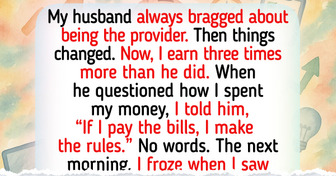
15 Acts of Kindness That Hit Different When You’re Losing Faith

15 People Who Sent a Message to the Wrong Chat and Launched a Chain of Events That Was Both Awkward and Hilarious

15 Stories That Prove a Small Spark of Kindness Can Light Up a Fading Soul

20+ Moments That Remind Us That Kindness Costs Nothing but Means Everything

I Paid the Price for Refusing to Give My Window Seat to a Toddler on a 24-Hour Flight

16 Shopping Stories That Prove a Trip to the Supermarket Can Be More Entertaining Than a Blockbuster Movie
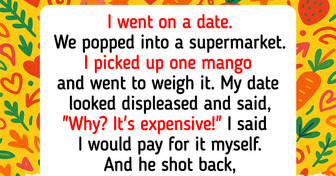
I Refuse to Be My Stepmom’s Free Maid This Christmas—Now the Family Is in Crisis

I Took My Dad to a Nursing Home—And It Cracked My Family Apart

18 Stories That Prove Kindness Can Come From the Most Unexpected Places

